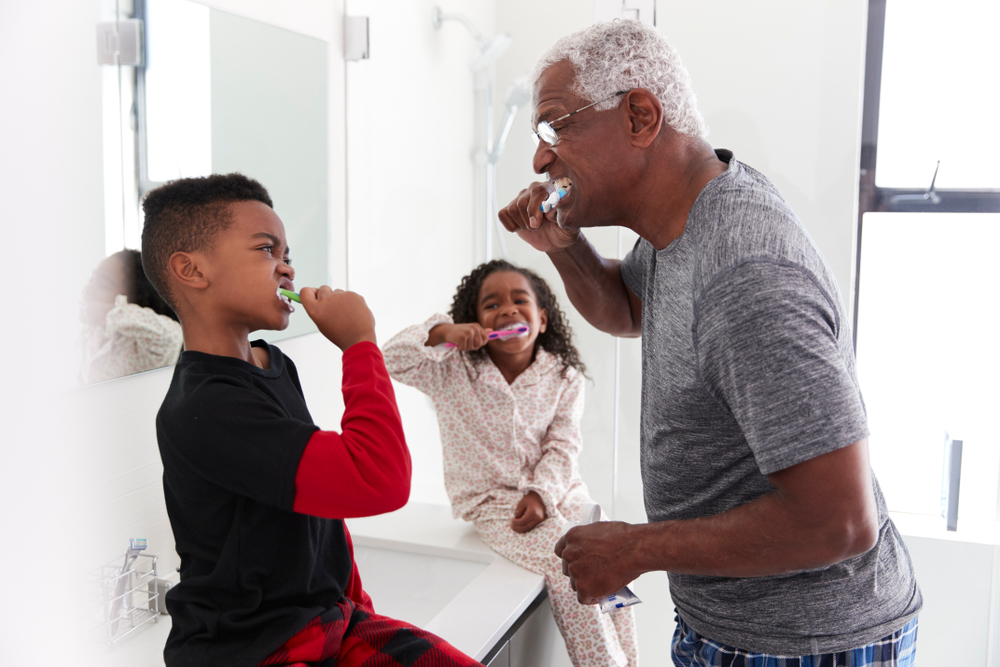How to Keep Elderly Warm: Feeling Cold in Hot Weather
Category:

It may seem peculiar to see the elderly feeling cold in hot weather but it’s that unusual. But why are elderly always cold? In this post, we will take a look at why the elderly are cold all the time and ways to keep them warm.
Why Are Older People Always Cold?
Why do old people feel cold? As people age, their skin becomes thinner and is less likely to tolerate fluctuating temperatures. Additionally, coldness results in the heart pumping less blood to the skin and tiny blood vessels in the skin constrict to conserve heat. Age can also reduce elasticity of blood vessel walls and thin out the fat layer under the skin that helps preserve body heat.
There are many other reasons why elderly adults are always cold. We will list them below.
-
Anemia. When you’re anemic, you may have less blood and oxygen flowing through your body.
-
Diabetes. In addition to causing other health issues on this list, diabetes can impact your nerves. Damaged nerves can lead to arms and feet feeling cold.
-
Slower metabolism. As your metabolic rate decreases, your body’s response to cold increases. This can come as a result of certain body receptors not working as quickly to tell your blood vessels to constrict and maintain your body temperature.
-
Blood vessels losing elasticity. Circulation can decrease as blood vessels lose their flexibility. This makes it harder for your body to retain heat, causing your feet and hands to feel cold.
-
Medications. Medicine such as beta blockers, calcium-channel blockers, sedatives, antidepressants, and antipsychotics can make you feel cold as a side effect.
-
Cardiovascular disease. This disease can impact the way blood circulates in your body, resulting in your body having difficulty retaining heat.
-
Kidney disease. This disease can prevent your kidneys from filtering waste out of your blood, which can make your core body temperature decrease.
-
Thyroid issues. Conditions such as hypothyroidism can affect how your body regulates hormones, which can control body temperature.
Please consult your doctor about the best course of action for these conditions.
Download Our Guide to Home Care
How to Keep Elderly Adults Warm
While there are a number of conditions that can make older people feel cold, there are luckily ways to keep temperatures in check. If you’re wondering how to keep elderly adults warm in bed or in other conditions, you can take some of the steps below.
-
Keep the home heated between 68° F and 70° F.
-
Close heat vents and shut doors in rooms that are not used often.
-
Use weather stripping and caulk to winterize doors and windows.
-
Have an evacuation plan in place in the event of power outages or heat sources breaking down.
-
Create a plan for the family to check in during cold weather.
-
Be in the know about the weather and keep winter gear such as coats, hats, scarfs, and gloves handy.
-
Dress in warm layers, including socks and slippers for feet.
-
Use warm blankets, especially around the feet.
-
Change out of wet or damp clothes right away.
-
Stay fully hydrated and try to avoid alcohol consumption, which can trigger heat loss.
-
Eat regular nutritious meals to stimulate body temperature.
-
Keep medication side effects in mind.
Subscribe
Date: 2023-07-06
Category:


